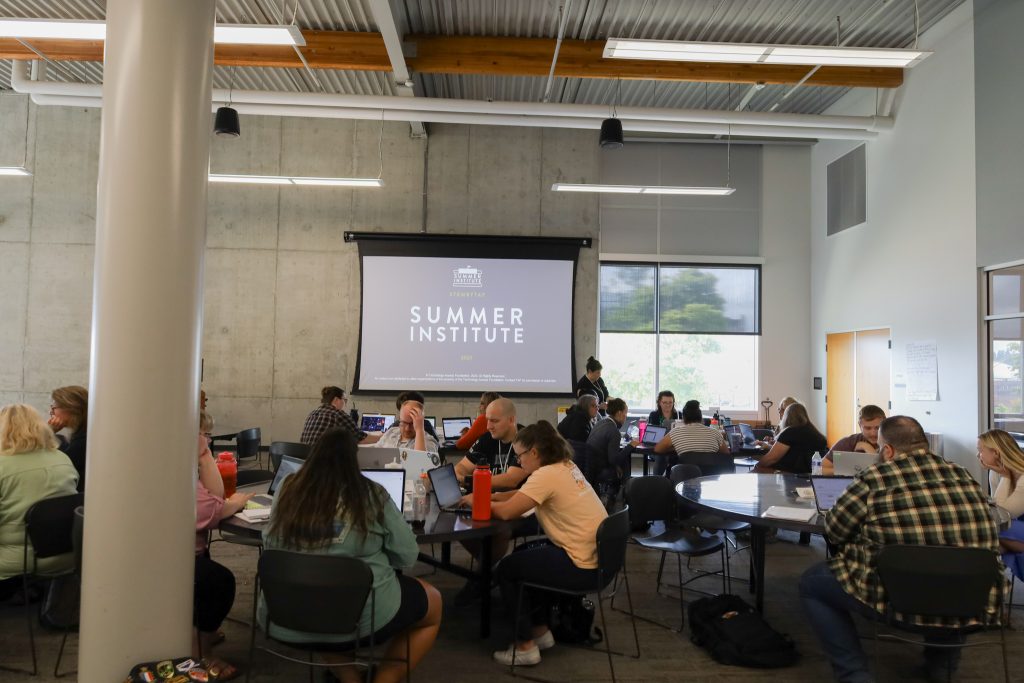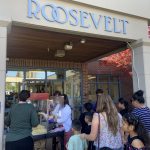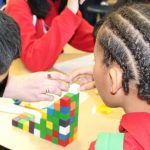Building a Better, More Inclusive Education System (A Summer Intern’s Perspective)
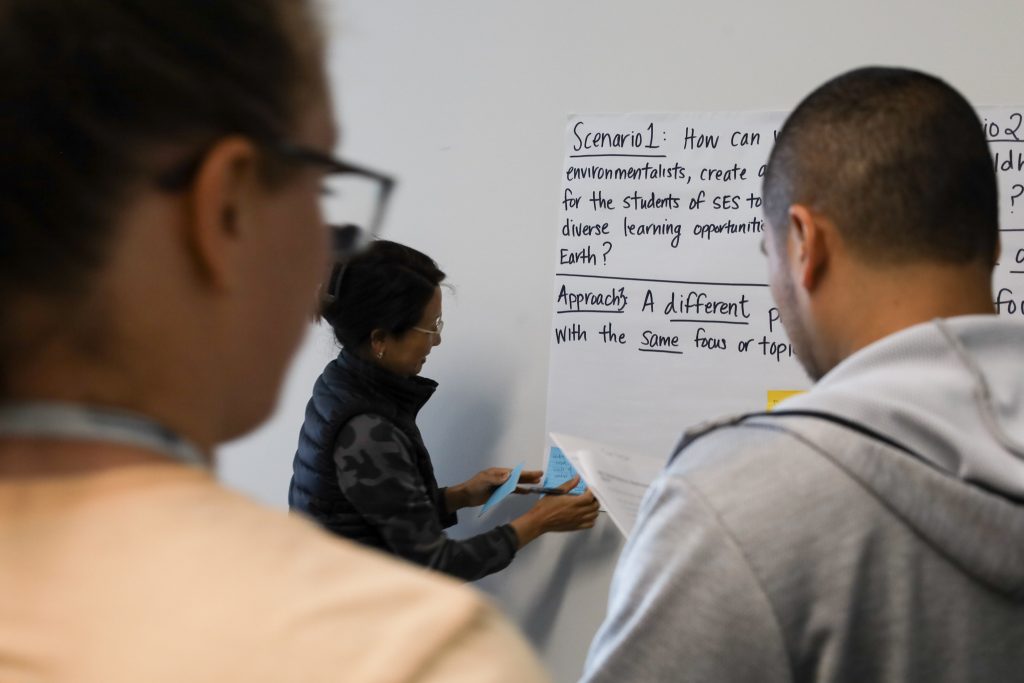
This blog post was written by TAF’s Bank of America Student Leaders® summer intern Kausar Abukar. For the last 7 years, TAF has hosted interns from this program. Summer 2023, TAF hosted interns Helin Taskesen and Kausar Abukar.
Kausar spent her summer working primarily with the EDvancement team.
This past August, I had the incredible opportunity to experience and participate in the 2023 Summer Institute, an annual 5-day teacher training hosted by TAF’s Academy for EDvancement!
As a summer intern for Technology Access Foundation experiencing Institute for the first time, I’ve learned a lot from these amazing people. It was an enriching and impactful week filled with valuable educational experiences.
Throughout the week, teachers from TAF’s TransformED program were introduced to the core components of Project Based Learning (PBL) and how to develop hands-on projects for their students using the STEMbyTAF model. They looked at examples, reflected on their respective schools and students, and got to dive into the work of active project creation. Teachers from these five different schools, across all K-12 grade levels, worked to integrate and infuse anti-racism into their projects.
What struck me most about this work with PBL was how teachers were able to incorporate real-world issues into their curriculum, creating an environment where students could explore and tackle the challenges of the world they see every day. Whether it was addressing gentrification, climate change, or fostering connections with their local communities, teachers worked on creating dynamic, interdisciplinary learning experiences for their students.
For example, I was part of a group designing a multilingual flipbook about the solar system and the human body using PBL—a perfect example of the creativity and innovation that this way of teaching allows. As we were working, whether we were brainstorming or exploring options and directions for the project, TAF coaches helped us every step of the way. Being able to talk to both the coaches and teachers during this process, I got to see how passionate and engaged they were. They even took the time to include me in group discussions and PBL work, which made me feel honored to be a part of it.
One moment that stood out above the rest was the keynote address on the Wednesday of Summer Institute.
Jesse Hagopian, a teacher who organizes for Black Lives Matter in Schools and taught at Garfield High School in Seattle, joined us at the University of Washington-Tacoma and shared about his family history and journey in the education system. He discussed the current challenges we’re facing within the education system and how to tackle them in an antiracist way. But it wasn’t just talk—he led us in a powerful activity whereby we embodied historical figures that might not have been taught in schools and were able to learn about them in a new way.
The 2023 Summer Institute was a great learning experience and I’m glad I was able to be part of it. Although there have been a lot of changes in education due to newly implemented policies, spending time with teachers this week made me hopeful for the future. My time at this weeklong training made it clear: for these existing barriers to be broken down, PBL and anti-racism curriculum must be implemented in our school’s classrooms.
After witnessing the diligent work being done at TAF, the dedication of teachers and coaches, and the enlightening insights shared by Jesse Hagopian, I can see the possibilities of dismantling the current system and building a better and more inclusive education system.
Interested in learning how to transform your teaching practice into one that is truly community-centered? Check out the Academy for EDvancement’s upcoming Family + Community Engagement course.
